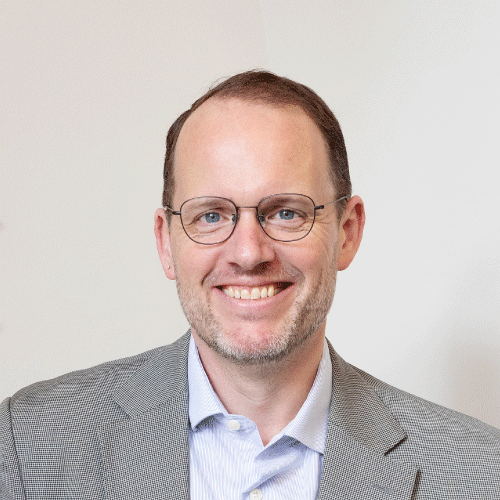I’m writing this column from Melbourne in the midst of a second lockdown, where like so many communities around the world, we are dealing with mixed emotions: trying to obey a new set of rules, attempting to manage our anxieties, providing care for ourselves and for others, praying for health workers and political leaders.
In the midst of all this, it seems nothing is “unprecedented” anymore. The hope of a straightforward “return to normal” is fading from view. Meanwhile, it is far too early in the midst of a crisis and in the midst of grief and loss to talk of finding a “new normal”.
So what is it that sustains a theology student, teacher or researcher at a moment like this, as we wrestle with meaning, faith and discernment of how to love each other and our neighbours, especially when it sometimes seems we have walked in a circle and ended up back where we began?
First, theological study offers great riches in the many scriptural and historical accounts of how past generations have responded to similar and even greater challenges that have threatened to destroy whole societies. Prophets have forced us to see how far our words and deeds fall short of God’s love and hope for us. Rituals and lamentations have been used to help humans name our trauma, release our anguish, and even, in our darkest moments, to cry with Jesus, “my God, my God, why you have abandoned me?”.
But theology also provides us with profound hope that can inspire us to action to bring about the future for which we long. This hope is not found in easy answers or escapism. Indeed, Christian hope is based on conversion, on bringing people to a radically different “new normal”. Conversion means repenting of the things which have caused damage to ourselves, to our neighbours, to the earth, to God, and seeking reconciliation by changing our behaviour. Conversion isn’t easy, nor is discerning what needs to be put aside and what needs to be taken up, but this is the task our whole world now faces if we are to find a new way of life that delivers wellness to all people.
For me, the most profound theology of hope founded on conversion is the resurrection. Christians believe Jesus is already raised from the dead. Jesus’ resurrection shows death does not have the final word, and points towards the future life for which we long. Two aspects of resurrection theology connect strongly to both global and personal struggles with the pandemic of 2020. First, Jesus was not resuscitated, but resurrected. He did not return to the “old normal”, but transformed into something entirely new which we can but glimpse. Second, the resurrection is not a spiritual and individual event alone, for it is also physical and communal. Our togetherness, our bodies and our senses, are fundamental parts of the future for which Christians long. It is therefore no surprise that we struggle with isolation from each other.
As theologians, we can be agents of hope, whose fundamental task is to anticipate the resurrection life in this present world. Together, we seek practical ways to make all things new, to right wrongs, to create peace, and to celebrate each other’s company.
And so as we prepare to begin a new semester as staff and students, or to embark on new research projects, my prayer is that each of us may find ways to grasp this unique hope, that it may sustain us in the present time as we care for ourselves and serve our friends, families and neighbours wherever we are.

Emeritus Professor Peter Sherlock was the Foundation Vice-Chancellor of the University of Divinity from 2012-2024. He is a cultural and religious historian of Renaissance and Reformation Europe and an expert on governance and leadership in educational and church settings. A graduate of the University of Melbourne and the University of Oxford, his academic career has included an ARC Postdoctoral Fellowship in History at the University of Melbourne and four years as Dean of the United Faculty of Theology, Melbourne.







Add comment